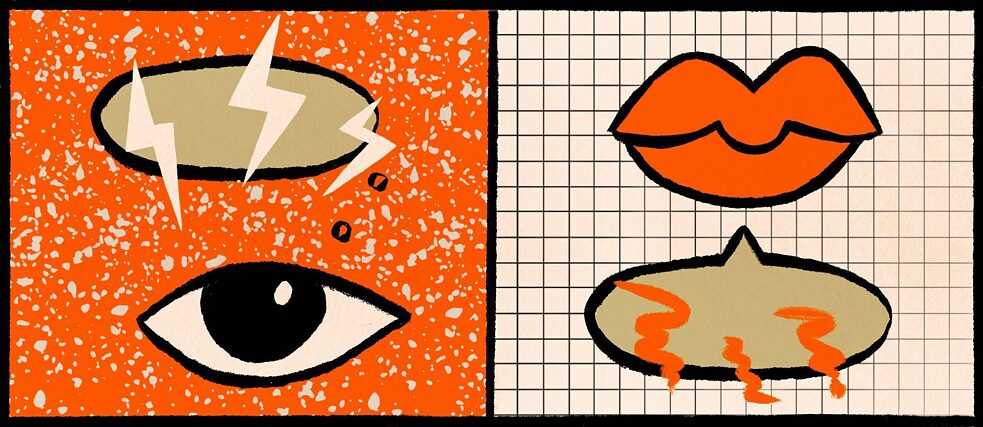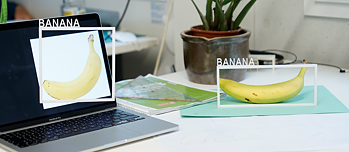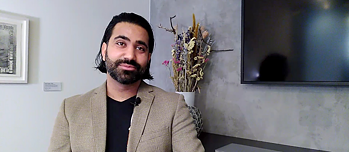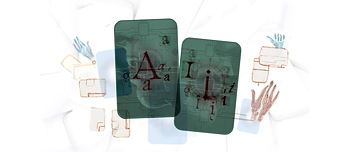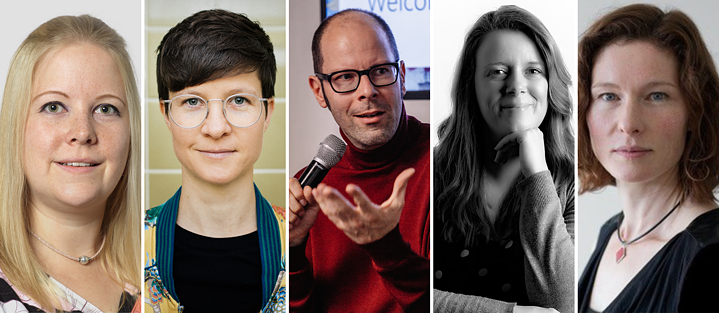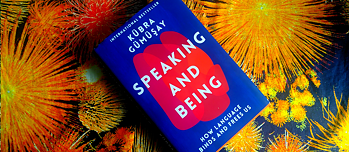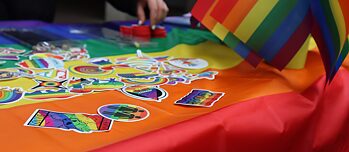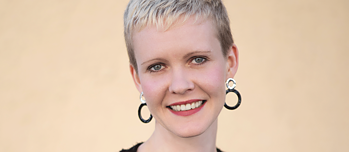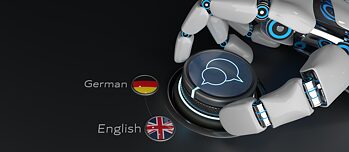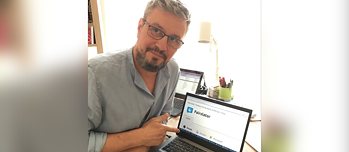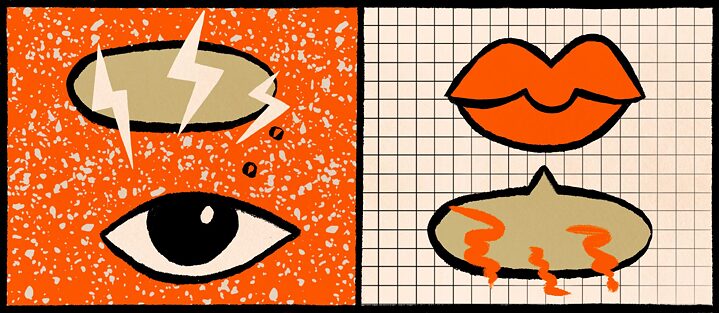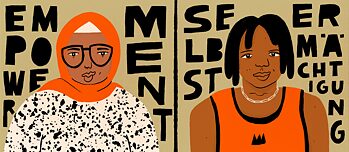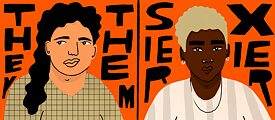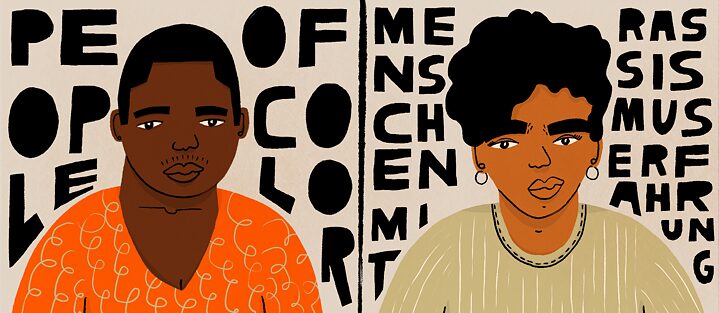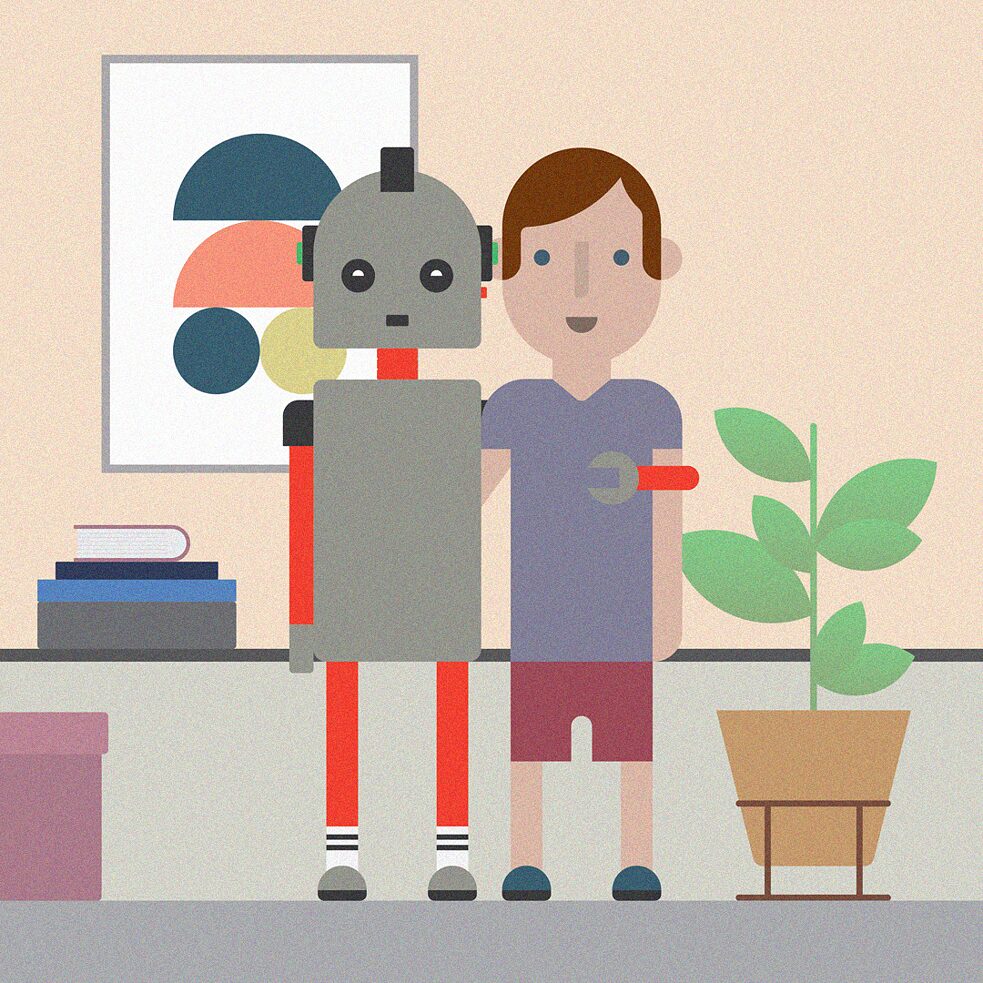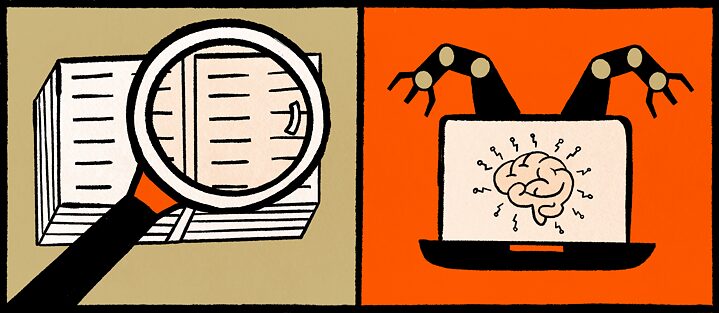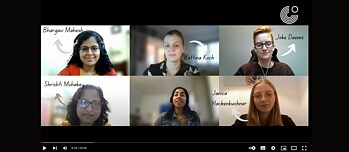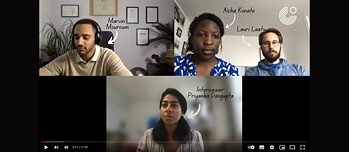This dossier compiles different perspectives on how artificial intelligence affects language and text production, and on why discriminatory language must already be addressed in schools. These articles marked the start to our coming events with which we would like to open up the topics of Artificially Correct and start the discussion around AI and text there, where text production begins for many of us: At school.
While we do not know what tomorrow’s algorithms will tell us, their answers will be based on the questions we ask and actions we take today. It is our duty to ourselves, and to the future, to make sure they are good ones.
Adam Smith
School as an institution contributed and continues to contribute to the fact that certain people were or continue to be invisible. An environment must be created in which young people dare to come out and are not bullied for doing so – and unfortunately, that is currently not the case.
Sovia Szymula
Language defines the world. The Goethe-Institut stands for an inclusive language - and thus for an inclusive world.
With Artificially correct, we work with experts to develop a tool that minimises the bias in texts and strengthen a conscious approach to language.
Specifically, Artificially correct deals with AI-based translation- and writing tools and the biases (e.g. gender/racial bias) whose translations they generate. Artificially Correct creates an active network of people affected by this problem - translators, publishers, activists and experiential experts - and identifies partners who will pursue the issue with us in the long term. We bring together perspectives, create awareness, share knowledge and stimulate discussion.
